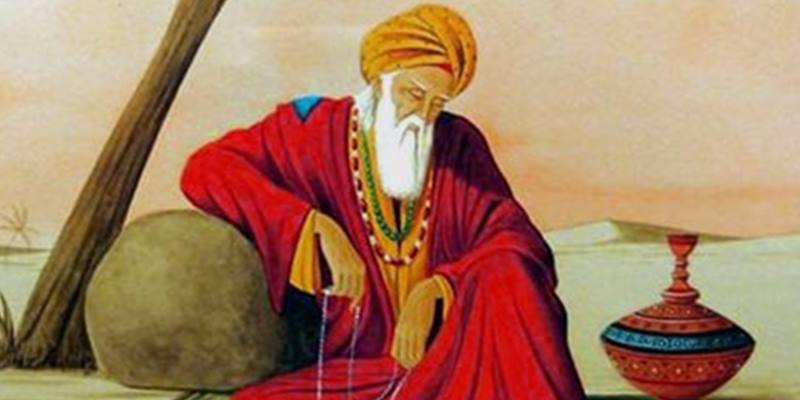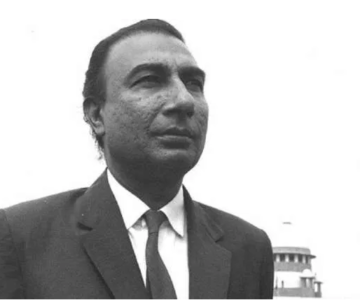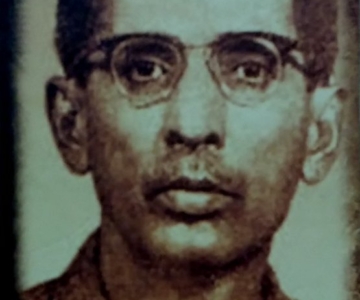I am posting Sunlight translations of Rumi’s Ghazal (Ode) 1375, from “Diwan-e-Shamsi” (“The Collection of Shams”), rendered by Nader Khalili, and Prof. William Chittick:
~~~~~~~~~~~~~~~~~~~~~~~~~~~~~~~~~~~~~~~~~
i’ve come again
like a new year
to crash the gate
of this old prison
i’ve come again
to break the teeth and claws
of this man-eating
monster we call life
i’ve come again
to puncture the
glory of the cosmos
who mercilessly
destroys humans
i am the falcon
hunting down the birds
of black omen
before their flights
i gave my word
at the outset to
give my life
with no qualms
i pray to the Lord
to break my back
before i break my word
how do you dare to
let someone like me
intoxicated with love
enter your house
you must know better
if i enter
i’ll break all this and
destroy all that
if the sheriff arrives
i’ll throw the wine
in his face
if your gatekeeper
pulls my hand
i’ll break his arm
if the heavens don’t go round
to my heart’s desire
i’ll crush its wheels and
pull out its roots
you have set up
a colorful table
calling it life and
asked me to your feast
but punish me if
i enjoy myself
what tyranny is this
— Translation by Nader Khalili
“Rumi, Fountain of Fire”
Cal-Earth Press, 1994
~~~~~~~~~~~~~~~~~~~~~~~~~~~
I have returned, like the new year, to break the
locks of the prison and smash the claws and teeth of these
man-eating spheres.
The seven waterless planets are devouring the
creatures of earth — I will throw water upon their fire and still
their winds.
I have flown from the beginningless King like a
falcon in order to kill the parrot-eating owls* of this ruined
monastery.
From the beginning I made a covenant to
sacrifice my spirit to the King. May my spirit’s back be broken
should I break my pledge and covenant!
Today I am Asaf, Solomon’s vizier, sword and
firman in hand — I will break the necks of any who are
arrogant before the King.
If you see the garden of the rebellious
flourishing for a day or two, grieve not! For I will cut their
roots from a hidden direction.
I will break nothing but injustice or the evil-
intentioned tyrant — should anything have a mote of savor, then
I am an unbeliever should I break it
Wherever there is a polo ball, it is taken away
by the mallet of Oneness — if a ball does not roll down the
field. I will smash it with the blow of my mallet.
I now reside in His banquet, for I saw that His
intention is Gentleness. I became the least servant of His way
in order to break Satan’s legs.
I was a single nugget, but when the Sultan’s
hand grasped hold of me, I became the mine — if you place me
in the balance, I will break the scales.
When you allow a ruined and drunken man like
myself into your house, do you not know at least this much: I
will break this and break that?
If the watchman shouts, “Hey!” I will pour a
cup of wine on his head; and if the doorman seizes hold of
me, I will break his arm.
If the spheres do not rotate round my heart, I
will pull them up by the roots; if the heavens act with
villainy, I will smash the turning heavens.
Thou hast spread the tablecloth of Generosity
and invited me to lunch — why doest Thou rebuke me when I
break the bread?
No, no — I sit at the head of Thy table, I am the
chief of Thy guests. I will pour a cup or two of wine upon the
guests and break their shame.
Oh Thou who inspirest my spirit with poetry
from within! Should I refuse and remain silent, I fear I would
break Thy command.
If Shams-i Tabrizi should send me wine and
make me drunk, I would be free of cares and break down the
pillars of the universe.
— Translation by William Chittick
“The Sufi Path of Love”
SUNY Press, Albany, 1984
Sunlight footnote:
*In Mowlana’s world view, there are two spheres: the seen and the
unseen, perceived also as light and the dark, or God (King) and
arrogant humans who mock and impersonate their Creator. He sharply
divides the world of matter from the world of spirit (or soul as the
embodied spirit). The birds of the light, such as parrots, eagles and
and falcons, are from the spirit world and are messengers of the
Beloved. They fly during the day and thrive in the light of sun. The
owl, on the other hand, is from the world of darkness, cannot
tolerate light, and becomes blind from the light of the divine. So it
is the enemy of the falcon, the nightingale and the parrot.
Compare this verse from the Mathnawi:
The spirit is the falcon, but bodily dispositions are crows. The
falcon has received many wounds from crows and owls (M V: 842-843).



